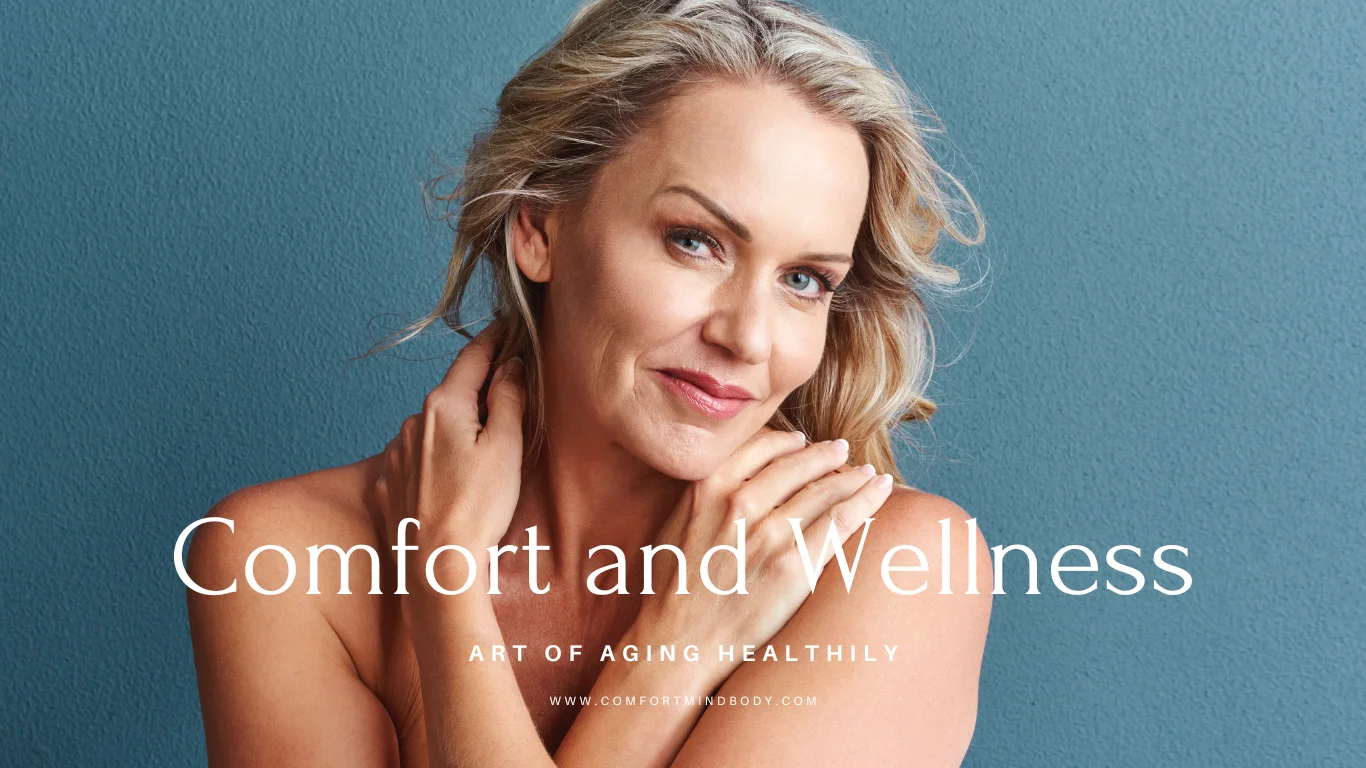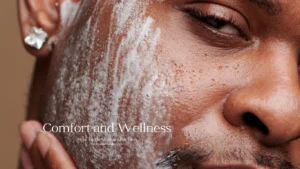Introduction:
In an ever-aging global population, the significance of aging healthily has gained paramount importance. Healthy aging encompasses the maintenance of physical, mental, and social well-being as individuals grow older. This concept is not solely limited to the absence of disease or disability but encompasses proactive measures to optimize one’s overall health and vitality in the later stages of life. Healthy aging matters on multiple fronts.
Firstly, it allows individuals to enjoy an enhanced quality of life, ensuring that they can actively participate in daily activities, pursue personal interests, and maintain social connections. Moreover, healthy aging alleviates the strain on healthcare systems and families by reducing the need for long-term care and medical interventions. It empowers individuals to remain independent, self-sufficient, and engaged in their communities for as long as possible.
Achieving healthy aging necessitates adopting essential lifestyle habits. These include maintaining a balanced and nutritious diet to support optimal physical and cognitive function, engaging in regular physical activity tailored to individual capabilities and preferences, and managing stress effectively. Adequate sleep, social engagement, and intellectual stimulation also play vital roles in healthy aging.
Furthermore, staying proactive with preventive healthcare measures such as regular check-ups, vaccinations, and screenings can help detect and address potential health concerns before they escalate. Embracing a positive mindset, nurturing meaningful relationships, and fostering a sense of purpose and fulfillment are equally crucial aspects of healthy aging. By embracing these lifestyle habits, individuals can navigate the aging process with resilience, vitality, and a sense of well-being.
What is healthy aging and why is it important?
Aging Healthily
Healthy aging refers to the process of maintaining physical, mental, and social well-being as we age. It involves making choices that support our overall health, managing chronic conditions, and engaging in activities that keep us mentally and socially active. But what does healthy aging mean and why is it important?
First and foremost, healthy aging is essential for maintaining a high quality of life as we grow older. By taking care of our bodies and minds, we are more likely to remain independent, avoid chronic illnesses, and maintain strong social connections. Furthermore, healthy aging has economic benefits, as it can reduce the need for costly medical interventions and long-term care services.
The science behind aging healthily
Aging Healthily
Recent research has shed light on the biological and genetic factors that contribute to aging healthily. For example, studies have shown that certain genes play a role in determining our lifespan and susceptibility to age-related diseases. Additionally, the field of epigenetics has revealed that our lifestyle choices can impact the way our genes are expressed, thus influencing the aging process.
Moreover, scientists have discovered that maintaining a healthy balance of inflammation and oxidative stress in our bodies is crucial for aging healthily. Chronic inflammation and oxidative stress can lead to cellular damage and contribute to the development of age-related diseases such as Alzheimer’s, cardiovascular disease, and cancer. Therefore, adopting lifestyle habits that reduce inflammation and oxidative stress is key to aging healthily.
What does healthy aging Mean?
Aging Healthily
Healthy aging refers to the process of maintaining optimal physical, mental, and social well-being as individuals grow older. It involves making conscious choices and adopting lifestyle habits that promote physical and mental health, thereby enabling individuals to maintain a high quality of life as they age.
Healthy aging encompasses various aspects, including:
Physical Health: It involves taking care of the body through regular exercise, proper nutrition, and preventive healthcare. This includes engaging in physical activities to maintain strength, flexibility, and cardiovascular fitness, as well as consuming a balanced diet to provide essential nutrients for optimal functioning.
Mental Health: Maintaining cognitive function, emotional well-being, and memory are important aspects of healthy aging. This can be achieved by engaging in mentally stimulating activities, practicing stress management techniques, staying socially connected, and seeking support when needed.
Social Well-being: Social connections and relationships play a vital role in healthy aging. Maintaining an active social life, participating in community activities, and nurturing meaningful relationships contribute to overall well-being and provide a sense of belonging and purpose.
Disease Prevention: Taking preventive measures, such as regular check-ups, screenings, and vaccinations, helps identify and address potential health issues early on. Managing chronic conditions and adhering to recommended treatments are also important aspects of healthy aging.
Independence and Functional Ability: Maintaining functional independence and mobility are key goals of healthy aging. This involves engaging in exercises that improve balance, strength, and flexibility, as well as making modifications to the living environment to enhance safety and accessibility.
Emotional Well-being: Embracing a positive outlook, managing stress, and cultivating resilience is essential for emotional well-being during the aging process. Engaging in activities that bring joy, practicing self-care, and seeking support from loved ones or professionals contribute to emotional health.
Purpose and Engagement: Having a sense of purpose and staying engaged in meaningful activities, whether through work, hobbies, volunteering, or learning, promotes a sense of fulfillment and satisfaction in life.
Healthy aging recognizes that while some aspects of the aging process are inevitable, individuals have the power to optimize their well-being and actively shape their own aging experience. It involves taking a proactive approach to maintain and enhance physical, mental, and social health, enabling individuals to enjoy a fulfilling and vibrant life as they age.
Add Your Heading Text Here
a. Nutrition and diet
Eating a well-balanced, nutrient-dense diet is one of the most important factors in aging healthily. A healthy diet can help maintain a healthy weight, support cardiovascular health, and reduce the risk of chronic diseases. Some tips on healthy aging through nutrition include:
- Incorporating a variety of fruits, vegetables, whole grains, and lean proteins into your daily meals.
- Choosing healthy fats, such as those found in avocados, nuts, and olive oil, over saturated and trans fats.
- Limiting added sugars and processed foods that can contribute to inflammation and weight gain.
- Staying hydrated by drinking plenty of water and limiting high-sugar beverages.
b. Exercise and physical activity
Regular physical activity plays a crucial role in maintaining our physical and mental health as we age. Exercise can help prevent age-related declines in muscle mass and bone density, improve balance and coordination, and reduce the risk of chronic conditions such as heart disease and diabetes. Some recommendations for incorporating physical activity into your daily routine include:
- Engaging in at least 150 minutes of moderate-intensity aerobic exercise or 75 minutes of vigorous-intensity aerobic exercise per week.
- Including strength training exercises that target all major muscle groups at least two days per week.
- Incorporating balance and flexibility exercises, such as yoga or tai chi, to help prevent falls and maintain mobility.
- Finding enjoyable activities that you can do consistently, such as walking, swimming, or dancing.
c. Mental health and wellbeing
Taking care of our mental health is just as important as maintaining our physical health when it comes to aging healthily. Mental well-being can be supported through activities that promote cognitive function, reduce stress, and foster a sense of purpose. Some suggestions for maintaining mental health and well-being include:
- Engaging in intellectually stimulating activities, such as reading, solving puzzles, or learning a new skill.
- Practicing mindfulness and stress reduction techniques, such as meditation, deep breathing exercises, or progressive muscle relaxation.
- Finding hobbies and activities that bring joy and a sense of accomplishment.
- Seeking professional help if experiencing symptoms of anxiety, depression, or other mental health concerns.
d. Social connections and support
Strong social connections are vital for aging healthily, as they can help combat feelings of loneliness, boost our mood, and provide support during challenging times. Building and maintaining social connections can be achieved through various means, such as:
- Participating in community events or joining clubs and organizations that align with your interests.
- Volunteering for local causes, which can provide a sense of purpose and help you meet like-minded individuals.
- Staying in touch with friends and family, whether it be through phone calls, video chats, or in-person visits.
- Seeking out opportunities for intergenerational connections, such as mentoring programs or shared living arrangements.
e. Preventive healthcare and screenings
Another essential aspect of aging healthily is staying proactive about our health by attending regular check-ups and screenings. These appointments can help detect potential health issues early, allowing for more effective treatment and management. Some important preventive healthcare measures include:
- Regularly monitoring blood pressure, cholesterol levels, and blood sugar levels.
- Staying up-to-date on vaccinations, such as the flu shot and pneumococcal vaccine.
- Scheduling age-appropriate cancer screenings, such as mammograms, colonoscopies, and prostate exams.
- Discussing any changes in health or potential concerns with your healthcare provider.
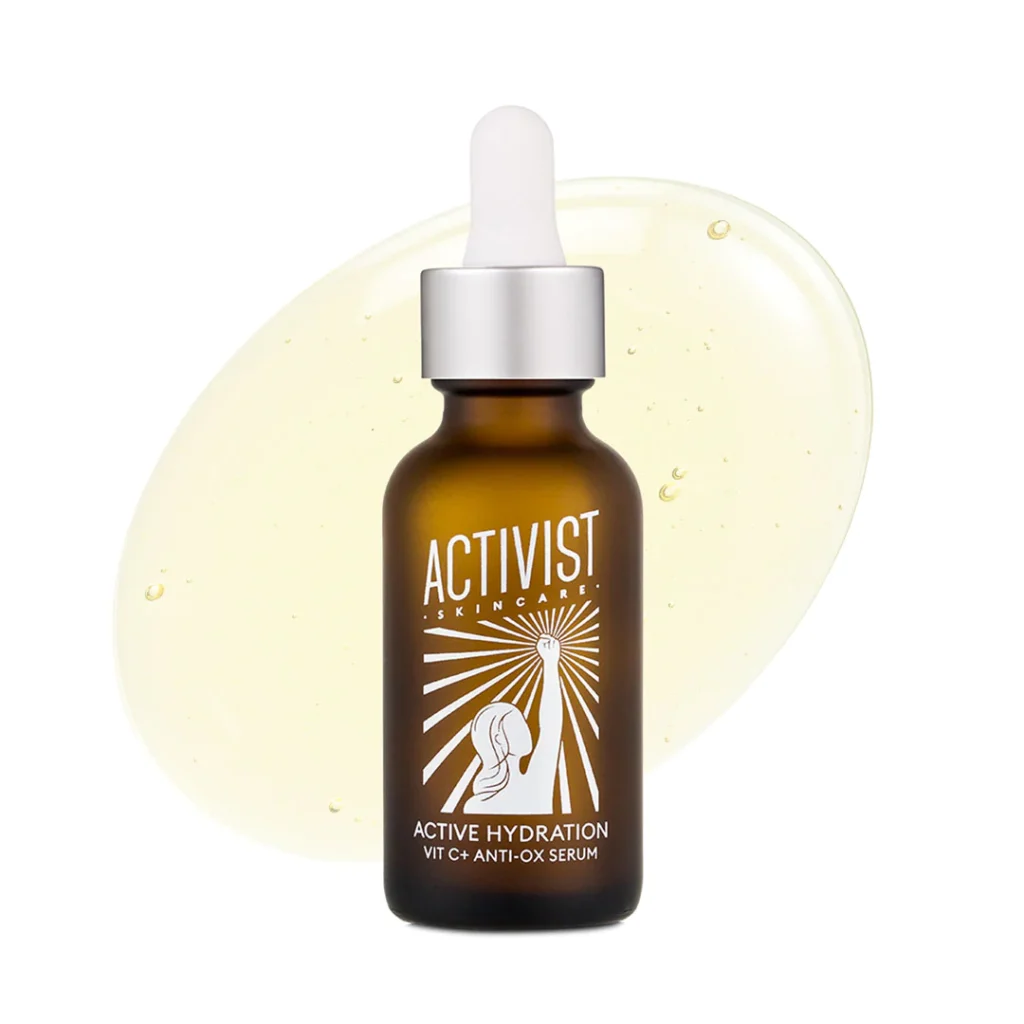
Vitamin C+ Antioxidant Serum
This radiance-boosting serum brightens, hydrates, plumps, and firms with glow-inducing antioxidants, peptides, vitamins C & B5, amino acids, and hyaluronic acid to reduce dark spots, redness, fine lines, and laxity.
- Light, silky, fast-absorbing texture.
- Gentle and safe for all skin types.
- Skin-friendly 5.0-5.5 pH.
Healthy aging for seniors: adapting to age-related changes
Aging Healthily
In an ever-aging global population, the significance of aging healthily has gained paramount importance. Healthy aging encompasses the maintenance of physical, mental, and social well-being as individuals grow older. This concept is not solely limited to the absence of disease or disability but encompasses proactive measures to optimize one’s overall health and vitality in the later stages of life.
Healthy aging matters on multiple fronts. Firstly, it allows individuals to enjoy an enhanced quality of life, ensuring that they can actively participate in daily activities, pursue personal interests, and maintain social connections. Moreover, healthy aging alleviates the strain on healthcare systems and families by reducing the need for long-term care and medical interventions. It empowers individuals to remain independent, self-sufficient, and engaged in their communities for as long as possible.
Achieving healthy aging necessitates adopting essential lifestyle habits. These include maintaining a balanced and nutritious diet to support optimal physical and cognitive function, engaging in regular physical activity tailored to individual capabilities and preferences, and managing stress effectively. Adequate sleep, social engagement, and intellectual stimulation also play vital roles in healthy aging.
Furthermore, staying proactive with preventive healthcare measures such as regular check-ups, vaccinations, and screenings can help detect and address potential health concerns before they escalate. Embracing a positive mindset, nurturing meaningful relationships, and fostering a sense of purpose and fulfillment are equally crucial aspects of healthy aging. By embracing these lifestyle habits, individuals can navigate the aging process with resilience, vitality, and a sense of well-being.
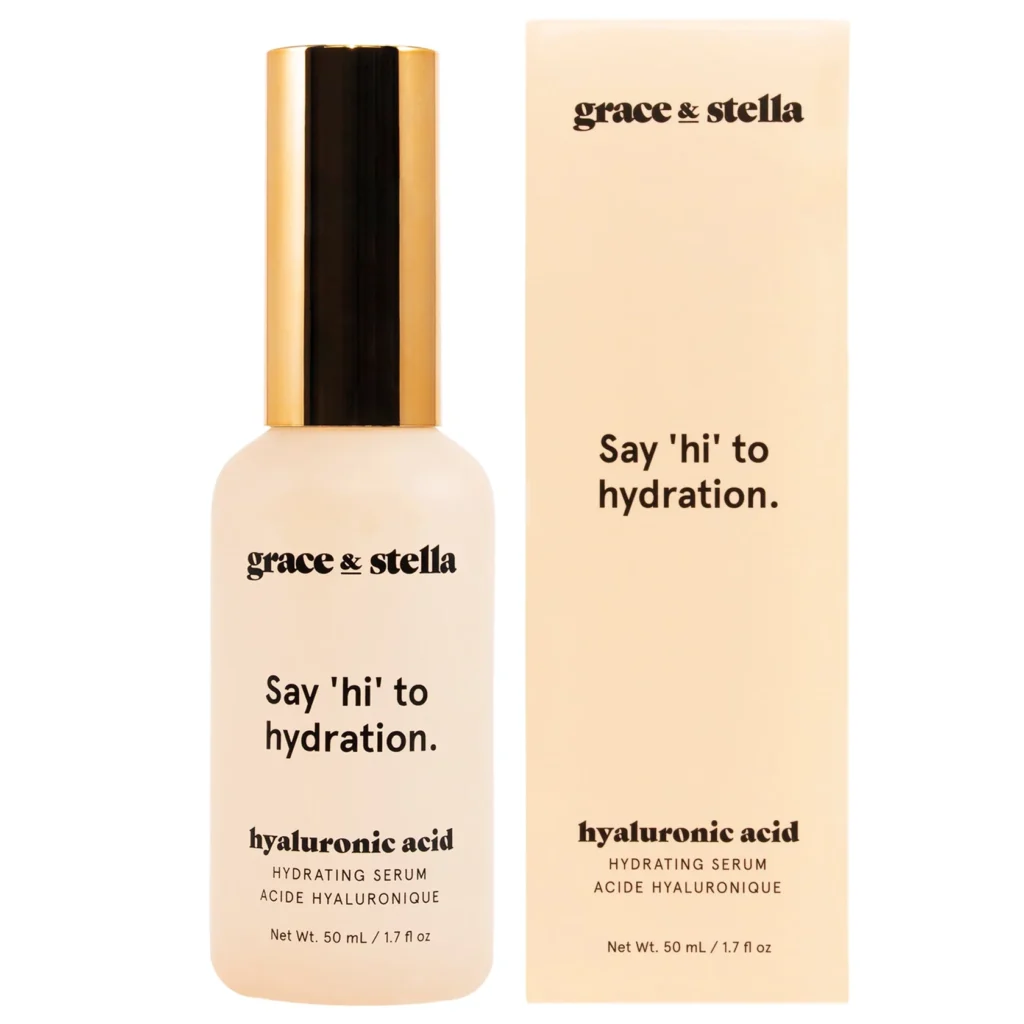
Hyaluronic Acid Serum
A big drink of water for your skin. Alleviating dryness and reducing the appearance of fine lines for dewier, brighter skin, it’s time to say ‘hi’ to hydration and a glowing complexion.
Real-life examples of healthy older adults
Aging Healthily
Many healthy aging articles highlight inspiring examples of healthy older adults who demonstrate the benefits of embracing a healthy lifestyle. These individuals serve as role models, showing us that it is possible to age healthily and enjoy a vibrant future.
- Tao Porchon-Lynch, a yoga instructor who continued to teach and practice yoga well into her 90s.
- Fauja Singh, a marathon runner who completed his last marathon at the age of 101.
- Sister Madonna Buder, also known as the “Iron Nun,” who has completed over 45 Ironman Triathlons and continues to compete in her 90s.
Best Tips on Healthy Aging!
Aging Healthily
Stay Active: Regular physical activity is crucial for maintaining overall health as you age. Aim for a combination of aerobic exercises (such as walking, swimming, or cycling) to improve cardiovascular fitness and strength training exercises to maintain muscle mass and bone density. Consult with your healthcare provider to determine the best exercise plan for your needs.
Eat a Balanced Diet: Focus on consuming a nutritious, well-rounded diet that includes plenty of fruits, vegetables, whole grains, lean proteins, and healthy fats. Reduce your intake of processed foods, sugary snacks, and high-sodium foods. Stay hydrated by drinking an adequate amount of water throughout the day.
Prioritize Sleep: Getting sufficient sleep is essential for your overall health and well-being. Aim for 7-8 hours of quality sleep each night. Establish a regular sleep schedule, create a comfortable sleep environment, and practice good sleep hygiene habits.
Maintain Mental Stimulation: Keep your brain active and engaged by challenging yourself intellectually. Engage in activities such as reading, puzzles, learning new skills, or taking up hobbies that stimulate your mind. Social interactions and meaningful conversations also contribute to mental stimulation.
Manage Stress: Chronic stress can have negative effects on your health. Find healthy ways to manage stress, such as practicing relaxation techniques (meditation, deep breathing exercises), engaging in enjoyable activities, spending time in nature, or seeking support from friends, family, or professional counselors.
Maintain Social Connections: Stay socially connected with friends, family, and your community. Engage in social activities, join clubs or organizations, volunteer, or participate in group activities that interest you. Strong social connections contribute to emotional well-being and may even help reduce the risk of certain health conditions.
Prioritize Preventive Healthcare: Schedule regular check-ups and screenings with your healthcare provider to detect and address any potential health issues early on. Stay up-to-date with vaccinations and immunizations. Be proactive in managing your health and follow recommended guidelines for screenings such as mammograms, colonoscopies, and bone density tests.
Avoid Tobacco and Limit Alcohol: Smoking and excessive alcohol consumption have detrimental effects on health. Quit smoking if you smoke, and if you drink alcohol, do so in moderation as recommended by healthcare professionals.
Practice Sun Safety: Protect your skin from harmful UV rays by using sunscreen, wearing protective clothing, and avoiding excessive sun exposure. Regularly check your skin for any changes or abnormalities and consult a dermatologist if needed.
Maintain a Positive Outlook: Cultivate a positive attitude and embrace a healthy perspective on aging. Focus on the aspects of life that bring you joy and fulfillment. Surround yourself with a supportive network of friends and loved ones who encourage your well-being.
Remember, healthy aging is a lifelong journey, and it’s never too late to start adopting these habits. Consult with your healthcare provider before making any significant changes to your lifestyle or if you have specific health concerns.

SPF 30 Tinted Sunscreen
This reef-safe sunscreen is made with non-nano zinc and glides onto the skin without feeling greasy or irritating. Blends with a variety of skin tones to blur imperfections and provides broad-spectrum UVA/UVB protection with 80 minutes of water resistance.
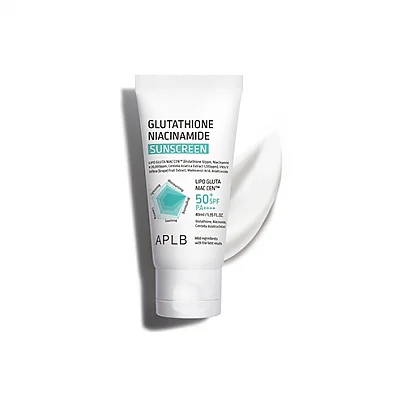
Glutathione Niacinamide SPF
Enriched with Glutathione Niacinamide and Centella Asiatica to increase skin elasticity while soothing irritated skin. Keeps your skin moisturized with a prolonged moisturizing effect. Adheres to the skin seamlessly without caking and leaving a white cast.
Tips on healthy aging for a vibrant future
Aging Healthily
To ensure a vibrant future and promote healthy aging, it is indeed essential to start adopting healthy lifestyle habits early on. Here are some valuable tips to support healthy aging:
Prioritize self-care: Make self-care a priority by getting enough sleep, practicing stress management techniques such as meditation or mindfulness, and maintaining good hygiene habits. Taking care of your physical and mental well-being is vital for overall health.
Focus on prevention: Stay proactive in your health by staying up-to-date with vaccinations, participating in regular health screenings, and addressing any health concerns promptly. Prevention is key to identifying and managing potential risks or conditions before they become more severe.
Stay informed: Keep abreast of the latest research and information on healthy aging. Stay curious and open-minded, and be willing to adapt your lifestyle habits based on evolving scientific knowledge. Consult reputable sources, engage in conversations with healthcare professionals, and make informed decisions about your health.
Cultivate a supportive network: Surround yourself with supportive individuals who share your goals and values. Building a network of friends, family, or community groups that promote healthy behaviors can provide encouragement, accountability, and a sense of belonging.
Remember that healthy aging is a lifelong journey, and small changes made consistently over time can yield significant benefits. By incorporating these tips into your lifestyle, you can lay the foundation for a vibrant future and promote your well-being as you age.
Overcoming common barriers to healthy aging
It’s not uncommon to face barriers when trying to adopt healthy lifestyle habits. Some common challenges include limited access to healthcare, financial constraints, and a lack of social support. However, there are resources available to help individuals overcome these barriers and age healthily.
- Reach out to local organizations, such as senior centers and community clinics, for information on low-cost or free health services.
- Investigate financial assistance programs through government agencies or non-profit organizations.
- Seek support groups or online communities for individuals facing similar challenges.
Don't Forget About Body Care:
Resources and support for healthy aging
Aging Healthily
Indeed, there is a wealth of resources available to support individuals in their quest for healthy aging. Here are some examples:
National Institute on Aging (NIA): The NIA, part of the U.S. National Institutes of Health, provides valuable resources and publications on various aspects of healthy aging. Their website offers information on exercise and fitness, nutrition, cognitive health, and age-related conditions. They also conduct research and clinical trials focused on aging and related topics.
AARP: The AARP is a nonprofit organization that advocates for the well-being of individuals aged 50 and older. They offer a wide range of resources and information on topics such as health, finances, caregiving, and lifestyle. Their website provides access to articles, tools, webinars, and a community of like-minded individuals.
Local senior centers and community organizations: Many local communities have dedicated senior centers or community organizations that cater to the needs of older adults. These centers often offer a variety of classes, activities, and support services. They may provide opportunities for exercise classes, educational workshops, social gatherings, and access to resources specific to the aging population.
Healthcare professionals and geriatric specialists: Consulting with healthcare professionals, such as geriatricians, can provide tailored guidance and support for healthy aging. They can offer personalized recommendations, address specific health concerns, and help create a comprehensive plan for maintaining well-being as individuals age.
It’s important to explore these resources and utilize the ones that align with your specific needs and interests. By tapping into the knowledge and support provided by these organizations, individuals can gain valuable insights and access to a network of professionals and peers dedicated to promoting healthy aging.
Conclusion: Embracing the Art of aging healthily
Aging Healthily
Aging healthily is indeed an art that requires dedication and persistence. By adopting essential lifestyle habits, individuals can enhance their overall well-being and improve their quality of life as they age. Here are some key factors to consider:
Nutrition: Maintaining a balanced diet that includes a variety of fruits, vegetables, whole grains, lean proteins, and healthy fats is crucial for optimal health. Adequate hydration and portion control are also important. Consulting with a registered dietitian or nutritionist can provide personalized guidance on dietary needs and help develop a suitable meal plan.
Exercise: Regular physical activity is essential for healthy aging. Engaging in activities that improve cardiovascular fitness, strength, flexibility, and balance can help prevent chronic diseases, maintain mobility, and support mental well-being. It’s important to find exercises that are appropriate for individual fitness levels and consult with a healthcare professional before starting a new exercise program.
Mental Health: Nurturing mental well-being is crucial for healthy aging. Engaging in activities that stimulate the mind, such as reading, puzzles, and learning new skills, can help maintain cognitive function. Managing stress, practicing relaxation techniques, and seeking social support is also important for mental health.
Social Connections: Maintaining strong social connections is vital for healthy aging. Regular interactions with family, friends, and community members can provide emotional support, reduce feelings of isolation, and promote overall well-being. Joining social clubs, participating in group activities, and volunteering are excellent ways to foster social connections.
Preventive Healthcare: Regular check-ups, vaccinations, and screenings are essential for detecting and preventing potential health issues. Engaging in preventive healthcare measures, such as cancer screenings, bone density tests, and immunizations, can help identify and address health concerns early on.
By embracing these lifestyle habits and seeking appropriate resources and support, individuals can proactively work towards aging healthily and enjoying a fulfilling and vibrant life as they grow older.
Affiliate Disclosure:
The links contained in this product review may result in a small commission. This goes towards supporting our research and editorial team and please know we only recommend high-quality products.
Note: This article is for informational purposes only and is not intended to diagnose, treat, or cure any disease. Always consult a healthcare professional before taking any supplement or making any changes to your diet or lifestyle.
